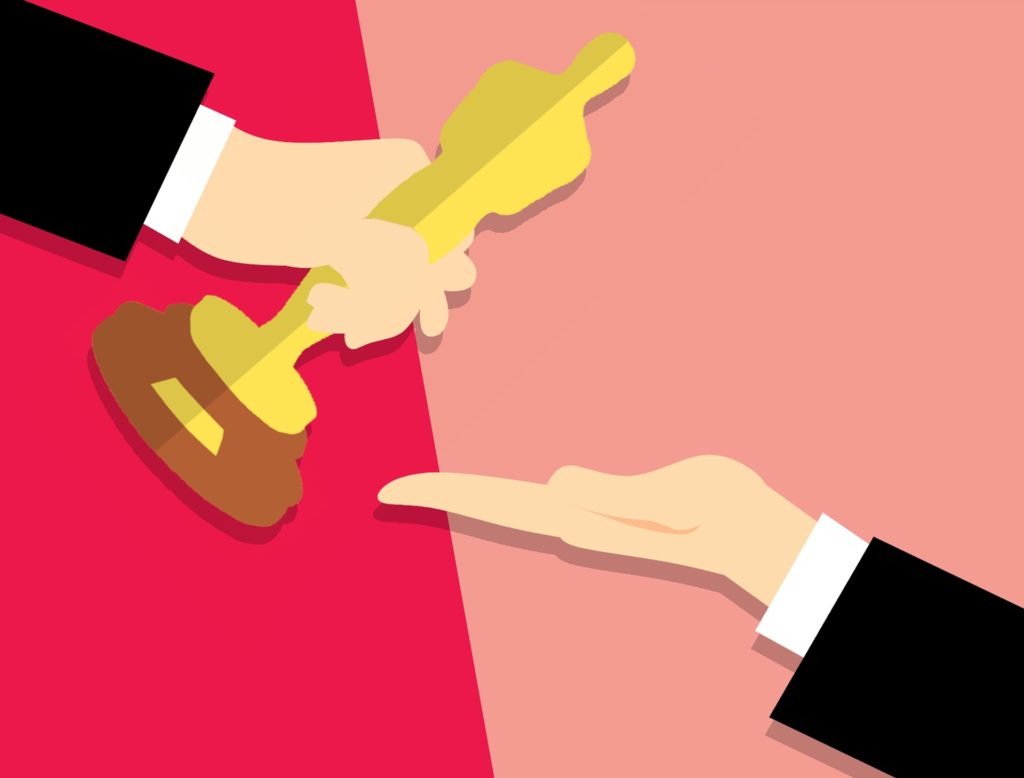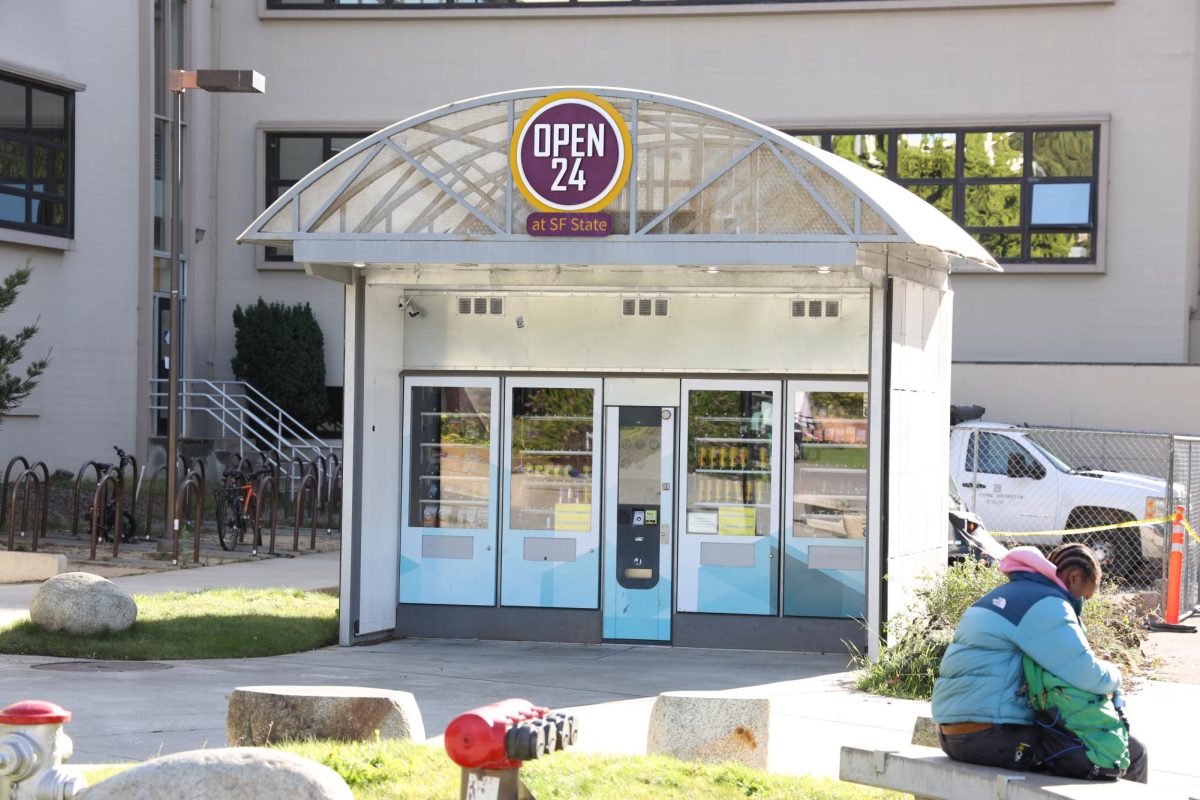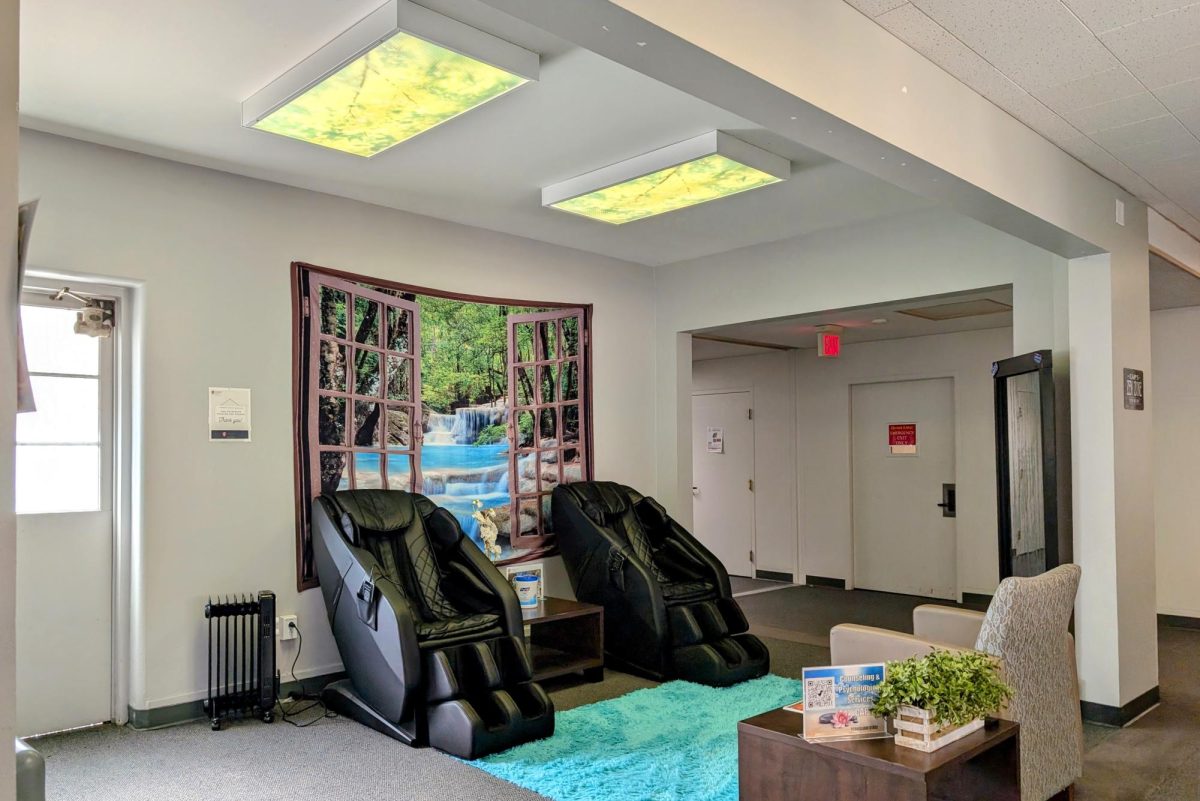The Academy Awards has it all — celebrities, prestige, glamour and per usual controversy. For the first time in 30 years, the pinnacle of award show season will have no one onstage providing that reliable comedic relief.
This announcement follows nearly two months after Kevin Hart fell into hot water for his resurfaced homophobic tweets shortly after being announced as the host. This foolishly bold decision has gotten more attention than any Oscar snub this awards season, as it should.
The first Academy Awards in 1929, hosted by Douglas Fairbanks and William C. deMille, was the beginning of what has become a long-standing tradition for the show. A tradition they’ve strayed from only a handful of times starting in 1939, 1969-1971 and lastly in 1989. Previously, the academy opted for returning hosts including Bob Hope (19 times) and Billy Crystal (9 times), to serve as the face of the show. In recent years, returning hosts have become rare and the academy has opted for a trendy, popular host like Hart.
Award show hosts serve a bigger purpose than just telling a few jokes. They warm up the crowd, set the tone for the evening and serve as a symbol of the network’s constant effort to boost ratings. It’s no secret that television networks have experienced declining viewership for decades, a result of an influx of entertainment mediums and possibilities. In a binge watching era where 30 second commercials seem to last a lifetime, awards shows need everything possible to lure viewers to sit through a nearly four hour broadcast. It is undetermined what the structure of the show will look like but chances are they will be relying on big name presenters to bridge the gaps.
Hart’s resignation is divisive in itself. Some, including Hart, believe that his tweets should be left in the past and people should accept that he’s changed, while others feel they hold weight to this day and are unsatisfied with Hart’s response. However, the decision from the academy to simply forgo a host instead of replacing him seems out of left field, especially looking back at the last time the show went hostless in 1989.
The 61st Academy Awards isn’t best remembered for Rain Man winning best picture, Dustin Hoffman winning best actor, or Jodie Foster winning best actress. No, it’s remembered for the weird, confusing musical number “I Want To Be An Oscar Winner” that replaced the usual monologue slot. Thirty years later, the academy finds itself in the same predicament of figuring out how to maintain interest while avoiding a major flub again.
Given the recent 2015 #OscarsSoWhite movement, created by April Reign, seeking to call out a lack of diversity in the academy’s nominees, it is understandable that the academy wants to steer clear from criticism as best it can. Despite Hart’s early on resignation as the host, critique seemed to continue and the show couldn’t find it’s way back. To the academy’s credit, this could be the solution to its ongoing struggle to cut down the broadcast’s length. Without a host the show has a fighting chance to land closer to the three-hour mark.
As they say in show business, the show must go on. Host or no host, the 91st Academy Awards is set to broadcast on Feb. 24. Only time will tell if the academy dodged a bullet or bit the nail in its coffin by forgoing this award show staple. There’s one thing everyone can agree on, the only thing worse than forgoing a host, would be a repeat of the infamous co-hosts, Anne Hathaway and James Franco fiasco.










